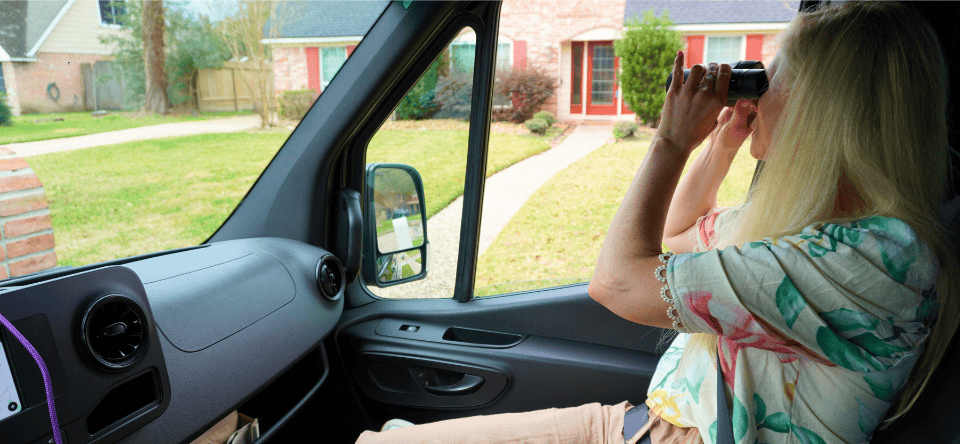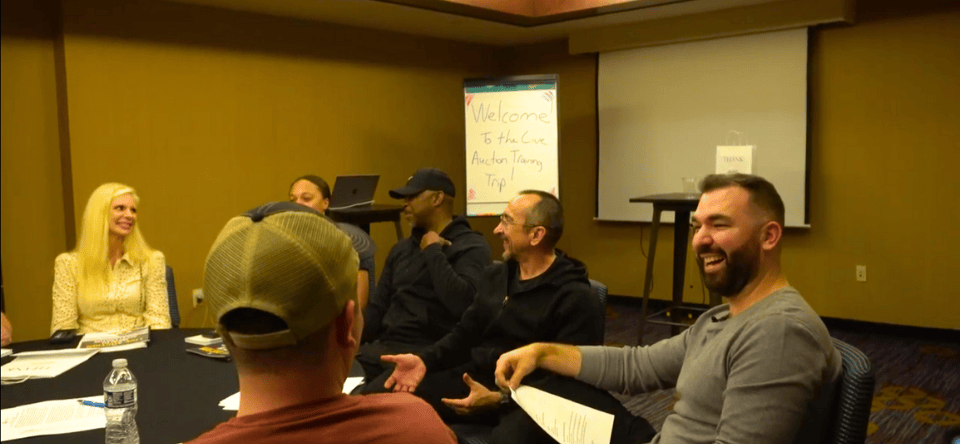Last Updated on August 26, 2025
Table of contents
How to Become a Real Estate Investor in 45 Minutes With Tax Liens & Deeds?
Many people believe you need a lot of money and years of experience to enter real estate, but I say you can start in about 45 minutes using tax liens and tax deeds. This short video explains that most people know about flipping houses, but think tax liens are too good to be true.
What are Tax Liens and Tax Deeds?
When property taxes go unpaid, the local government can place a tax lien on the property. A tax lien is a legal claim for the unpaid taxes. Counties then sell tax lien certificates to investors. If the owner pays the taxes within a set period, the investor receives back the amount paid plus interest and fees. Rates vary by state and can be as high as 36 %.
If the taxes stay unpaid, the lien can lead to a tax deed auction where investors bid to purchase the property. A tax deed transfers full ownership to the highest bidder. Some states only sell liens, others only deeds, and a few use a hybrid called redemption deeds. It is important to check the rules in your state.
Why is Getting Started with Tax Liens and Deeds Quick?
Hahn stresses that tax‑lien investing is not mainstream. Many people think it’s a scam, but he notes you don’t need to travel to an auction. Many counties put surplus or “over‑the‑counter” liens online. For example, in Florida, you can register on the county assessor’s site and buy leftover liens for as little as US$20–60. The process can take less than an hour, and even small liens may be backed by land worth thousands.
Here’s a Simple Three‑step Guide
Let’s condense into three easy steps:
- Learn the rules in your area. Every state and county runs tax‑lien and tax‑deed sales differently. Some require live auctions; others sell liens online. Check your county tax collector’s or assessor’s website to see what’s available.
- Register and search for deals. Many counties let you create an account and browse lists of available liens. You can register and start looking at listings right away.
- Start small. Surplus liens can cost between US$20 and $60. Even if the property isn’t desirable, you gain experience and might acquire a small piece of land.
Even though these steps are quick, research is still crucial. PropLogix warns that buying a lien without understanding the property’s value, condition, or other debts can leave you with a worthless asset. Ordering a municipal lien search or tax certificate can reveal unpaid utility bills or code violations.
Why Tax Liens are Attractive?
- Low entry cost: Surplus liens are inexpensive, so anyone with a few dozen dollars can become a real estate investor.
- Potentially high returns: Interest rates are set by local governments. New Jersey offers 8 %–18 %, Alabama pays a fixed 12 %, and some states reach 36 %.
- Less correlation with markets: Tax liens and deeds are regulated locally and aren’t tied to stock‑market performance.
- Opportunity to buy property cheaply: If the owner doesn’t pay, the investor may acquire the property for just the unpaid taxes.
Key Points on Tax Liens and Tax Deeds
| Aspect | Tax Lien Certificate | Tax Deed |
| Purpose | Claim on unpaid property taxes | Ownership of the property |
| Cost Range | Can be as low as $20–$60 | Usually higher; covers taxes owed and fees |
| Return Potential | Interest rates vary (8–36 %) | Property itself (could be worth more) |
| Main Risk | The owner fails to pay; the property may have issues | Must research property condition and legal issues |
| Key Step to Start | Learn state rules; register with the county | Same as liens; additional property due diligence |
Risks and Considerations in Tax Liens and Tax Deeds
Tax lien investing isn’t risk‑free. Research is vital. Contact your local tax office to learn the rules and timelines, and carefully assess the property’s condition and value. Buying a lien based only on satellite images can be dangerous; storm damage or other issues may not be visible. Hidden municipal liens or debts may survive the sale, so it’s wise to order a lien search or tax certificate. Competition from large investors and the possibility of having to foreclose are additional challenges. Tax lien certificates also expire, so pay attention to deadlines.
Frequently Asked Questions
A tax lien is a claim that a local government places on a property when the owner fails to pay property taxes.
When you buy a tax lien certificate, you pay the unpaid taxes on behalf of the property owner. If the owner pays back the taxes within a set period, you get your money back plus interest and fees.
If the taxes remain unpaid, the lien can lead to a tax deed auction, where investors bid to take ownership of the property.
Interest rates vary by state. In some places, the rate is fixed at 12 %, while in others it can go up to 36 %.
Risks include buying liens on properties with hidden damage, surviving municipal debts, stiff competition from large investors, and certificates expiring before you collect payment.
Final thoughts
Take action before more people discover this niche. You can begin with as little as $20 or $30 and become a real estate investor. You won’t get rich overnight, but you will gain useful skills and experience. Waiting years could mean missing out on good deals. To continue learning, visit vault.taxlienschool.com, read the free ABCs of Tax Lien Investing and subscribe to our weekly video lessons.
Tax liens and tax deeds offer a unique entry into real estate. They let investors with limited capital earn attractive returns while possibly acquiring property at a discount. Success depends on learning local rules, practising due diligence, and starting small. With a modest budget and a careful approach, you can become a tax‑sale investor in less time than it takes to watch a movie.
-Dustin
P.S Watch our new great video every week, so head over to our page and subscribe.









